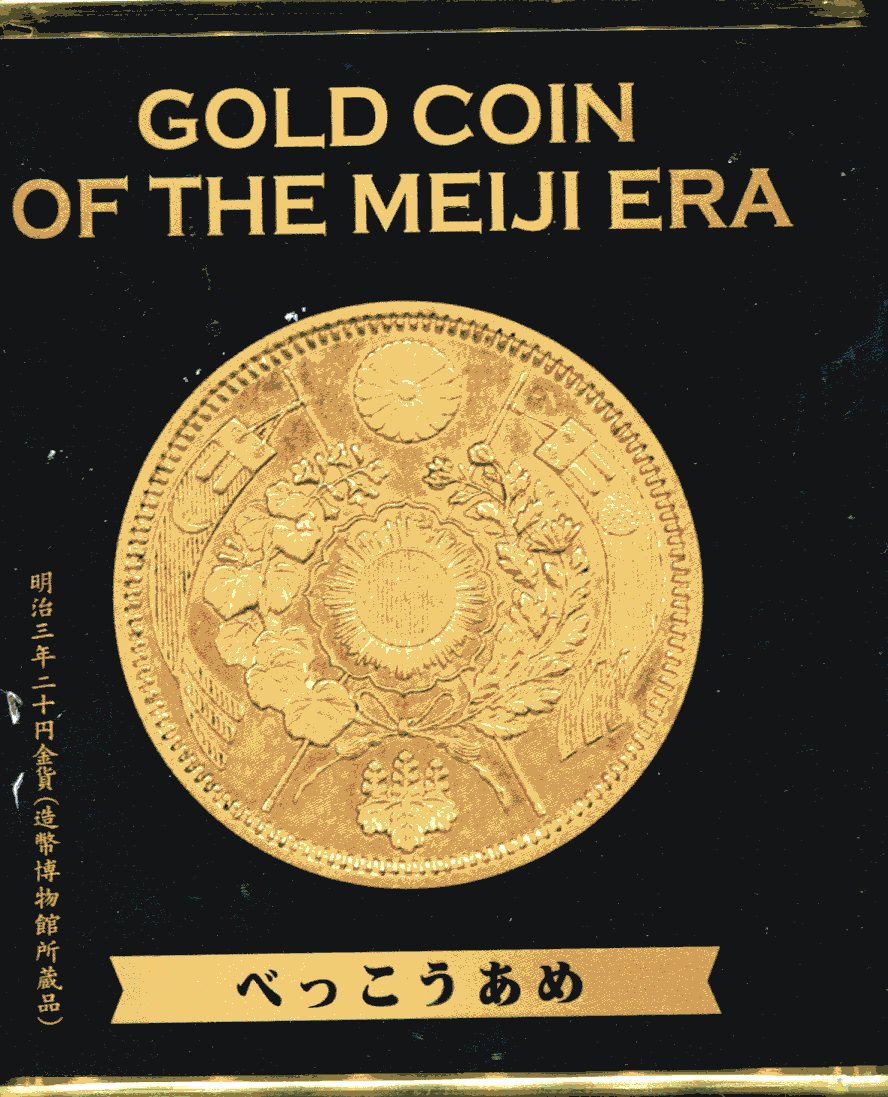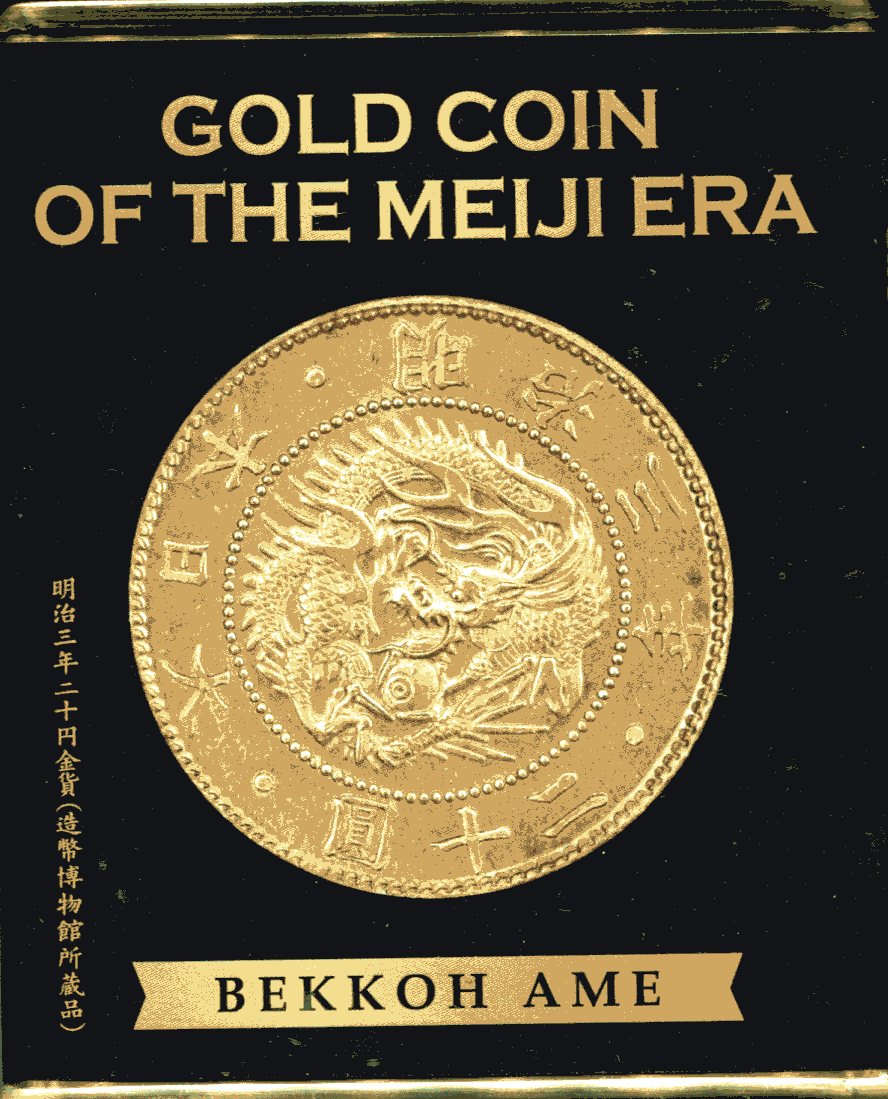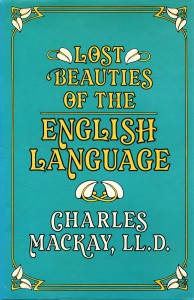Google autofill is reputed to say nice things about Hillary Clinton, but I have no way to judge whether that’s true or an election year canard or if it even matters. In the meantime, for fun, I put in “Hitler” for Google to autofill, because he always makes guest appearances in modern political rhetoric, which rarely mean more than, “I don’t like my opponent.”
Anyway, Google “Hitler” suggested (the other day, your results may vary) in order:
quotes, memes, youth, death, ‘s birthday, ‘s rise to power, salute, did nothing wrong [!]
Google News “Hitler” suggested, in order (caps added, because I’m an editor):
‘s birthday, death, and Trump, memes, compared to Trump, book, mustache, quotes, youth
For additional grins, I let Google autofill “Mussolini,” too. This is what turned up:
death, quotes, Trump, definition [?], speech, WW2, nickname
Google News autofilled “Mussolini” this way:
Trump, death, definition [who’s asking that?], facts, Italy, quotes
For a more contemporary autocrat, I then let Google autofill “Putin”:
bay, news, memes, net worth, on the ritz, Trump, poutine, height, wife
Google News “Putin”:
news, Trump, Greece, Russia, Syria, hockey, NATO, Obama








